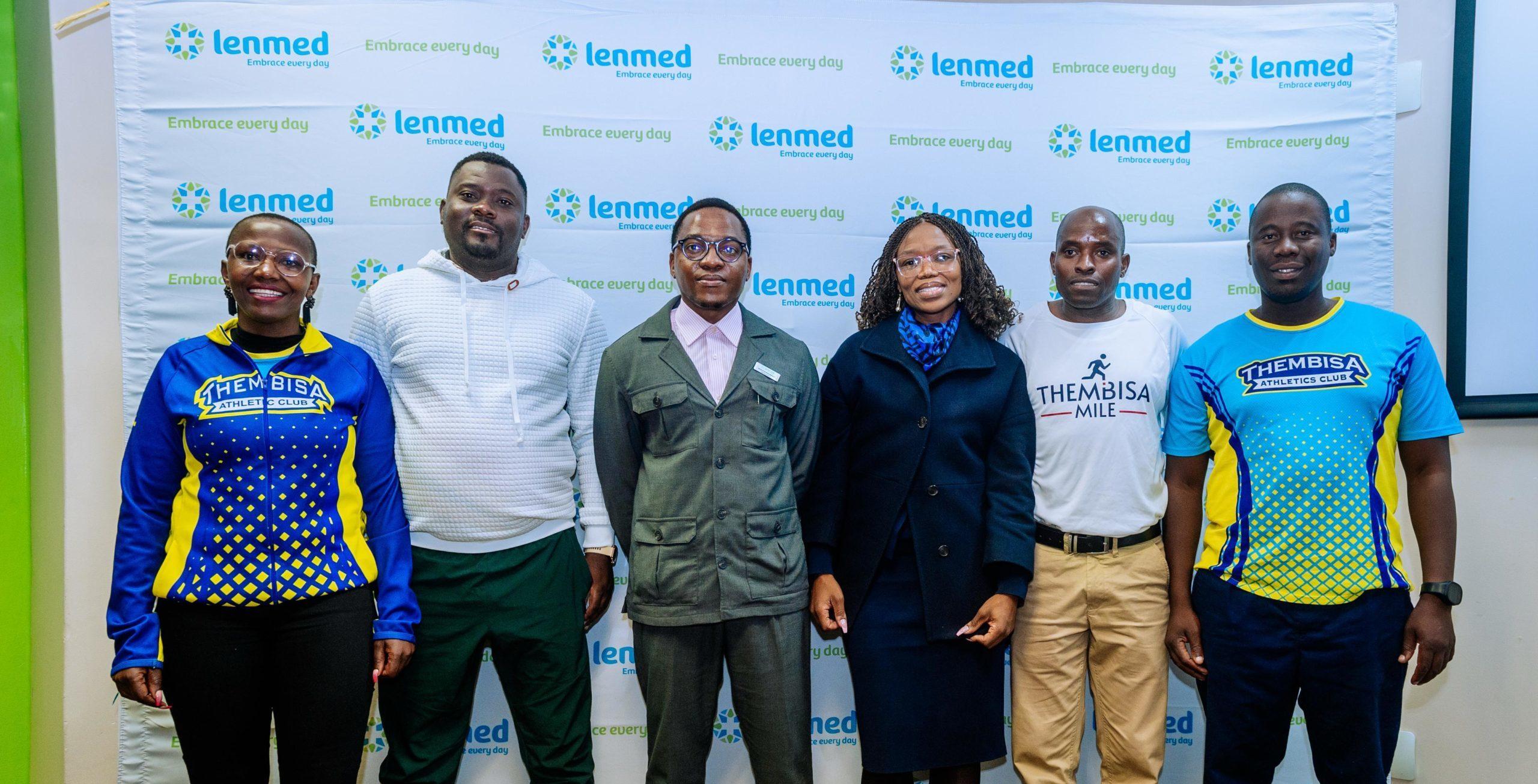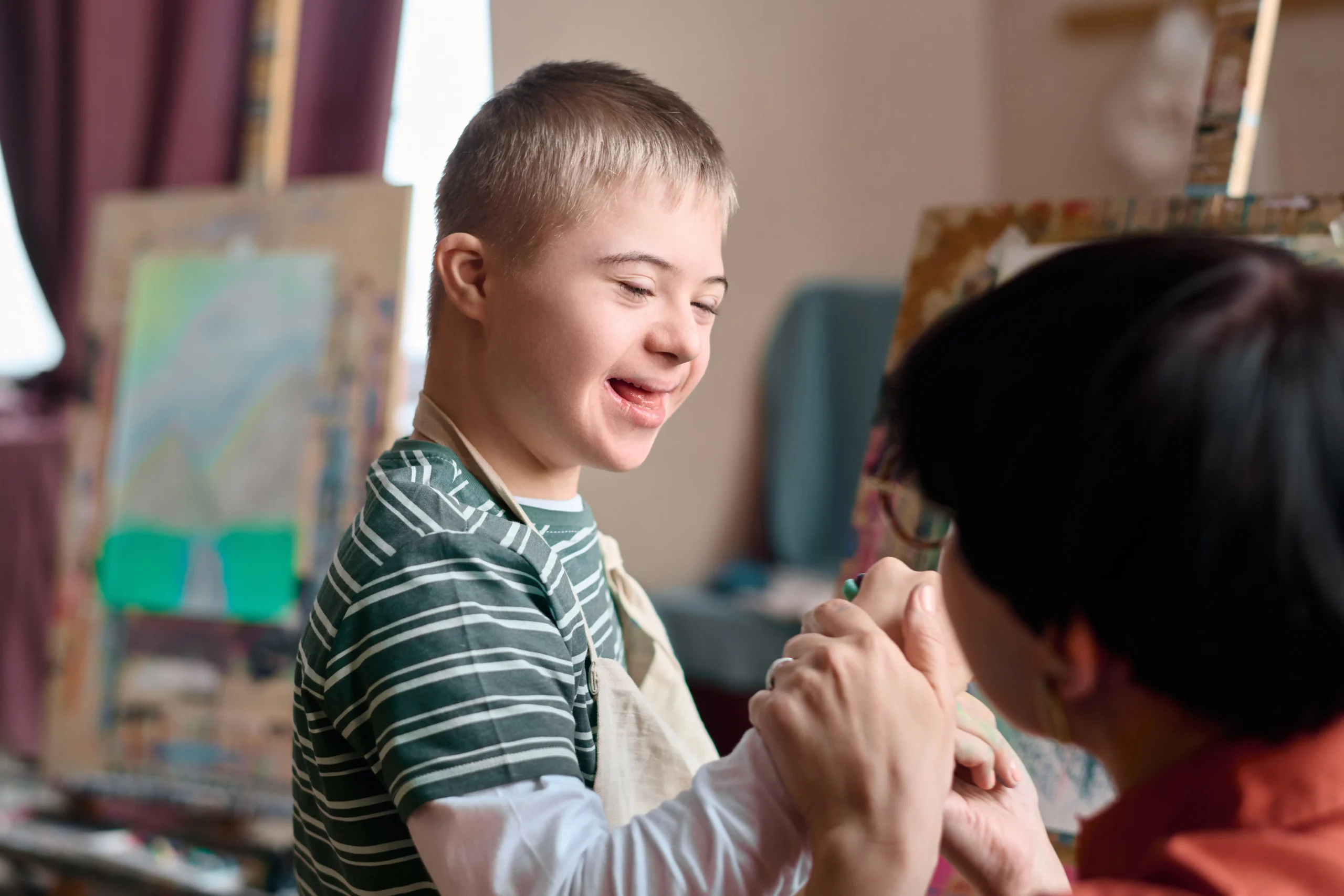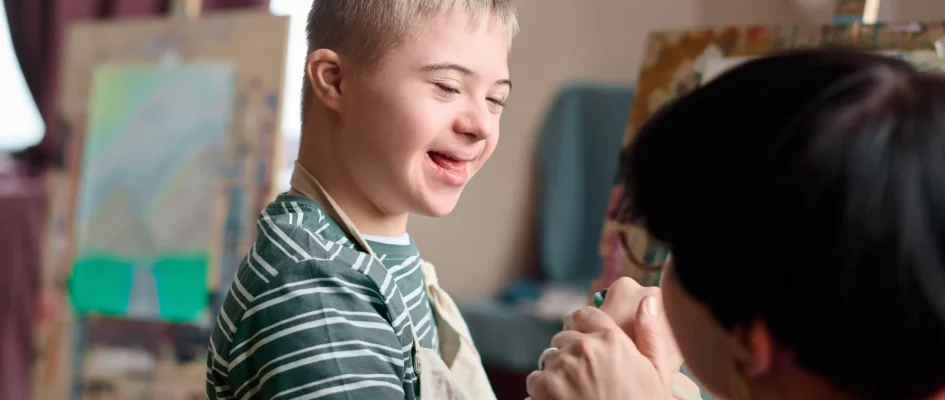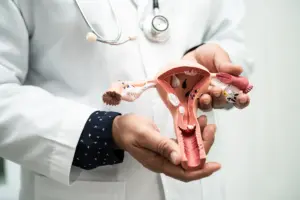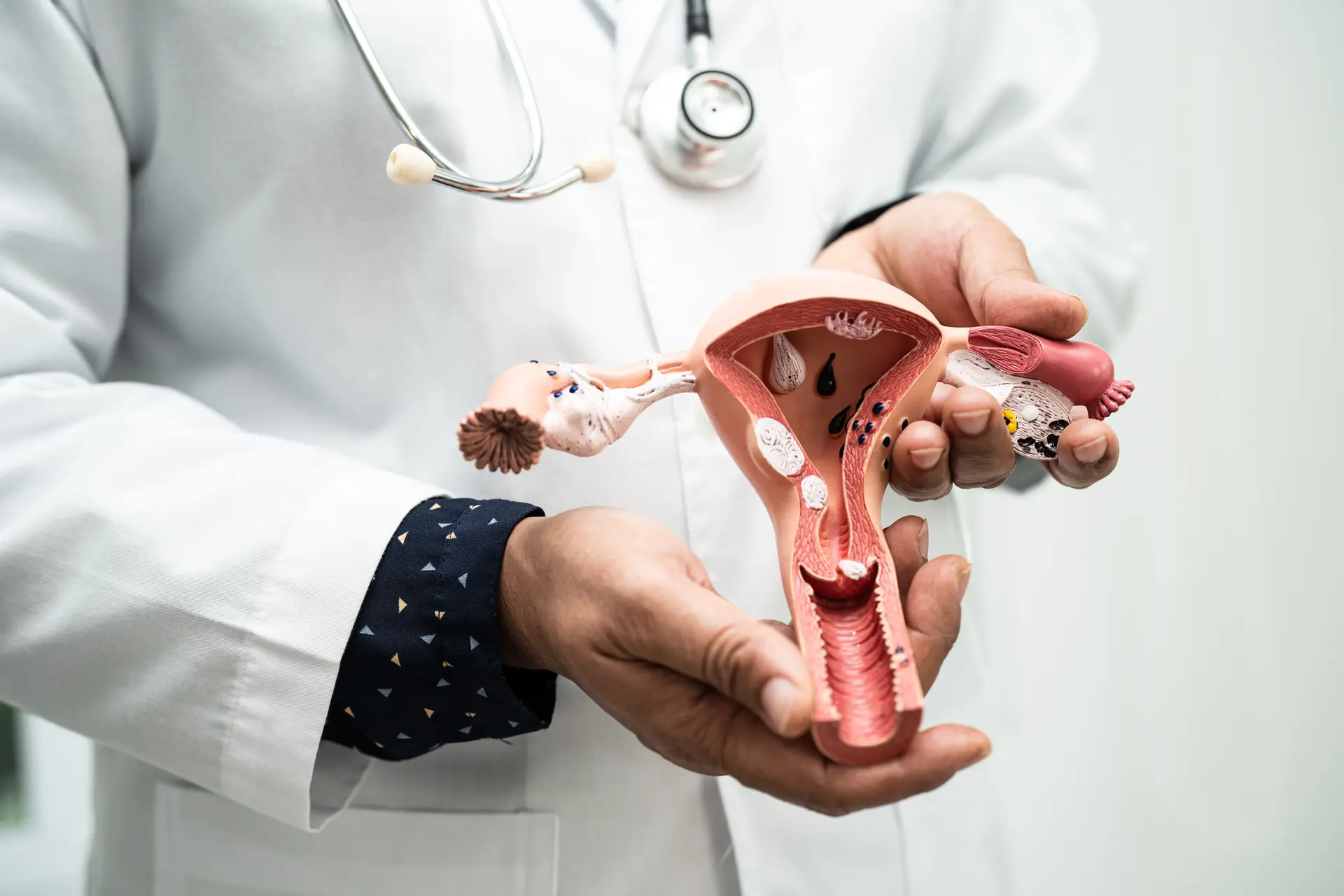Down Syndrome: Causes, Types and Symptoms
Down syndrome is a genetic condition that affects millions of people worldwide. It is one of the most common chromosomal disorders and is characterised by a distinct set of physical features, developmental traits and health considerations. Though the condition presents unique challenges, individuals with Down syndrome lead fulfilling lives with the right support, medical care and inclusive education. This article explores the causes of Down syndrome, the different types, common symptoms and the role of early intervention in maximising development and well-being.
Table of Contents
- What Causes Down Syndrome
- Types of Down Syndrome
- How is Down Syndrome Diagnosed?
- Down Syndrome Symptoms and Development
- Down Syndrome and Education
- Can Down Syndrome Be Cured?
- The Importance of Early Intervention for Down Syndrome
- Life Expectancy and Quality of Life
- Support for Families and Caregivers
- Conclusion
What Causes Down Syndrome?
Down syndrome is a genetic condition that occurs when an individual has an extra copy of chromosome 21. Typically, human cells contain 23 pairs of chromosomes, but in Down syndrome, an anomaly in cell division leads to an additional chromosome 21, resulting in trisomy 21, the most common form of the condition.
The primary cause of this extra chromosome is a random genetic event that happens during the formation of reproductive cells. While researchers do not fully understand why this occurs, certain risk factors have been identified, including:
Advanced maternal age
Women over the age of 35 have a higher likelihood of having a baby with Down syndrome.
Genetic predisposition
While most cases of Down syndrome are not inherited, a small percentage result from genetic factors that can be passed down.
Previous pregnancies with Down syndrome
Parents who have had one child with Down syndrome have a slightly increased chance of having another.
Despite these risk factors, Down syndrome can occur in any pregnancy, regardless of the parents’ health, age or genetic background.
Types of Down Syndrome
There are three recognised types of Down syndrome, each distinguished by how the extra chromosome 21 appears in a person’s cells:
Trisomy 21
The most common type, accounting for about 95% of cases. Every cell in the body has three copies of chromosome 21 instead of two.
Mosaic Down syndrome
A rarer form where only some cells have an extra chromosome 21, while others have the typical two copies. This can lead to milder features and symptoms.
Translocation Down syndrome
Occurs when an extra part or whole chromosome 21 attaches to another chromosome. This type can sometimes be inherited.
How is Down Syndrome Diagnosed?
Doctors use prenatal Down syndrome screening tests to assess the likelihood of a baby having Down syndrome before birth. These non-invasive tests, such as ultrasound and blood tests, measure certain markers associated with the condition. If screening results indicate a higher chance, diagnostic tests like chorionic villus sampling (CVS) or amniocentesis can provide a definitive Down syndrome diagnosis by analysing the baby’s chromosomes.
After birth, doctors typically identify Down syndrome based on physical characteristics of Down syndrome, which include:
- Almond-shaped eyes with an upward slant
- A flat nasal bridge
- A single crease across the palm
- Hypotonia (low muscle tone)
A chromosomal analysis, called a karyotype test, is then conducted to confirm the diagnosis.
Down Syndrome Symptoms and Development
Each individual with Down syndrome is unique, with varying abilities and challenges. However, some common Down syndrome symptoms include:
Intellectual and developmental differences:
Individuals with Down syndrome often have mild-to-moderate levels of intellectual disability, affecting learning and problem-solving abilities.
Speech and language delays:
Many children take longer to develop verbal skills, though speech therapy can support communication.
Motor skill development:
Due to lower muscle tone, milestones such as sitting, walking and grasping objects may be delayed.
Health concerns:
Some people with Down syndrome experience heart defects, thyroid issues or hearing and vision impairments.
Despite these challenges, with the right support, children and adults with Down syndrome can develop essential skills and achieve independence in many areas of life.
Down Syndrome and Education
With inclusive programmes, individuals with Down syndrome can thrive in educational settings. Down syndrome and education go hand in hand, as many children benefit from tailored learning approaches, speech and occupational therapy and supportive environments. Mainstream schools increasingly offer programmes that promote inclusion, allowing children with Down syndrome to learn alongside their peers.
Early childhood education is particularly beneficial in fostering cognitive and social skills. Specialised learning strategies, patience and positive reinforcement enable children with Down syndrome to reach their full potential.
Can Down Syndrome Be Cured?
There is no “cure” for Down syndrome, as it is a genetic condition present from conception. However, advances in Down syndrome therapies significantly improve quality of life. Early intervention programmes provide crucial support in areas such as speech, occupational and physical therapy. These interventions help children build essential skills and achieve greater independence.
The Importance of Early Intervention for Down Syndrome
Early intervention Down syndrome services are vital in promoting development from infancy. These programmes, often including physiotherapy, speech therapy and educational support, aim to enhance motor skills, communication and social abilities. Studies show that early stimulation leads to better cognitive and physical outcomes, setting a strong foundation for later life.
Life Expectancy and Quality of Life
Thanks to medical advancements, the life expectancy Down syndrome individuals enjoy has increased significantly. Decades ago, many people with Down syndrome had a reduced lifespan due to health complications. Today, with proper healthcare, a balanced lifestyle and supportive environments, individuals can live well into their 60s and beyond. Many actively participate in the workforce, engage in social activities and enjoy fulfilling relationships.
Support for Families and Caregivers
Raising a child with Down syndrome comes with unique joys and challenges. Support for Down syndrome families is essential in ensuring the well-being of both the child and their loved ones. Many organisations provide resources, counselling and community networks to help families navigate the journey. Support groups offer a sense of connection, while educational workshops and medical guidance empower parents with knowledge and confidence.
Governments and non-profits worldwide are also working to improve accessibility to healthcare, inclusive education and employment opportunities for individuals with Down syndrome. With the right support, families can create nurturing environments where their loved ones can flourish.
Conclusion
Down syndrome is a genetic condition that presents unique challenges but also countless opportunities for those with it to thrive. While it is caused by an extra chromosome 21, each person’s journey is shaped by their strengths, support systems and access to education and healthcare. With early intervention Down syndrome therapies, inclusive education and a strong community network, individuals with Down syndrome can lead meaningful and fulfilling lives.
Understanding Down syndrome causes, recognising the types of Down syndrome and being aware of Down syndrome symptoms enables society to be more inclusive and supportive. Through continuous research, advocacy and acceptance, we can ensure that individuals with Down syndrome receive the opportunities they deserve to reach their full potential.
If you are pregnant and would like to learn more about Down syndrome screening, consult your gynaecologist or make an appointment with a Lenmed gynaecologist.
Consulting with a Lenmed paediatrician or a Lenmed occupational therapist will help to create a supportive and inclusive environment for children with Down syndrome.
For more information, please contact:
Dr T Naicker
Discipline: Paediatric Geneticist
Hospital: Ethekwini Hospital and Heart Centre
Telephone: +27 31 581 2524

